February 17, 2023 – One of the most rewarding parts of writing on TCN is the people we meet and the stories we hear. It’s all that much better when they come from eastern Croatia and are living proof that Slavonia really is full of life, 365. We are excited to finally publish one of our favourite interviews, featuring one man, one bicycle, and two dogs. Hrvoje Juric has cycled the world, written a book, and helped trace cycling and hiking trails in Croatia. He has done many other amazing things, and now he is on a 2,300-kilometre journey to reach Europe’s most northerly point. On an electric bicycle. In the winter.
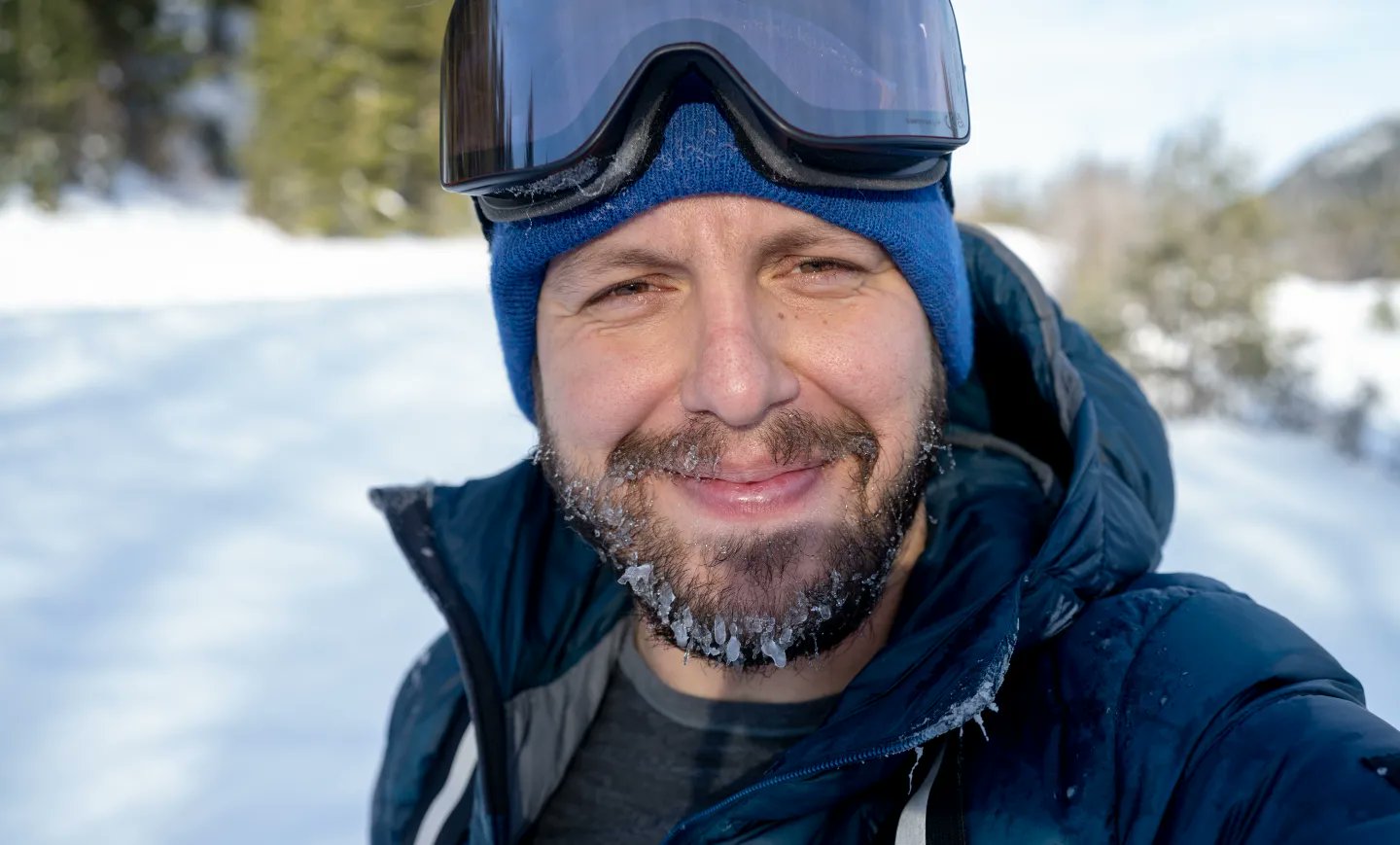
Tell us about yourself.
My name is Hrvoje Juric, I am 36 years old, and I come from Vrbica, a small village between Đakovo, Vinkovci, and Osijek. I am a wasn’t-meant-to-be economist, and I have been travelling since 2011. Then, completely inexperienced and with very few funds, I set out on my first trip, from Vrbica to Pula and back. I traveled by bicycle, and it all happened quite spontaneously. The bike was the only means of transportation I had, and it was also the cheapest way to travel. I liked this way of travelling, and I felt like I was living life to the fullest, so I kept doing it. The following year, I went on a trip around Europe, about which I wrote the travel novel "Marijanov put" (Marijan’s Journey). After that came the first journey to Nordkapp, a journey of 5,000 kilometres to the northernmost point of Europe. It was followed by a trip through the Alps, then one from London to Istanbul, and then one around Croatia. Later I realised that all these trips and experiences led to one thing - a trip around the world.
Tell us about the area where you come from.
Vrbica is a small village in the Đakovo area, in the municipality of Semeljci, and it is a plain. I often jokingly say that the overpass over the highway is the highest mountain we have. I grew up there, my friends and family are there, and I lived there until recently. As a lot has happened in the last couple of years, and now only on paper am I still in Vrbica.
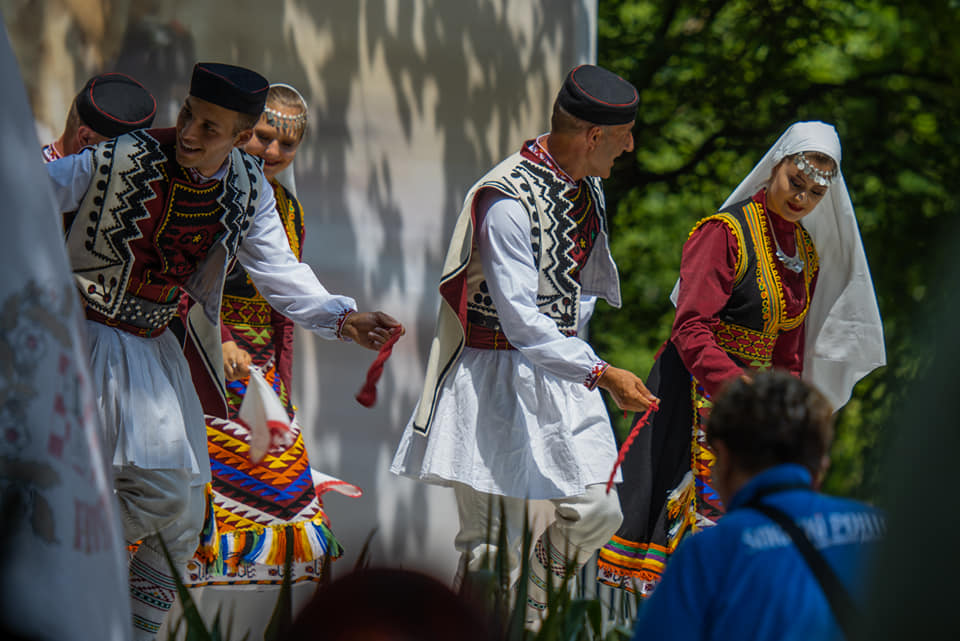
Tell us about your lifestyle, what you do, and what inspired it.
This year I changed my life drastically when I sold the house where I grew up and lived for 36 years. I didn't do it out of necessity, in the sense that I needed the money. I did it because everything simply led to that. Since I started travelling, with my first trip, I realised that this way of life would not be easy, but compared to everything else, it is ideal for me. There is a lot that I had to adapt to, and yet somehow, I remained myself. Of course, this shaped me, but I think I kept the direction I wanted my life to go.
What did it require to take the plunge and pursue your passion?
I think the main reason was dissatisfaction with the direction my life was going. When you know that you are not made for what you do and work takes up a large part of your time in this world, it is necessary to change things. By chance, it was my job; it could have been something else. I would dare to say that if you want to change yourself, if you want to follow your passion, or even just figure out what the hell you want in life, you will encounter a very unpredictable time full of trials and difficult moments. Emotional, financial, it doesn't matter in what sense. For me, that included spending more time travelling hungry than on a full stomach, but I knew that I must not give up on my dreams. Along the way, I lost some people, some literally, in the sense that they passed away (parents, which was a big and heavy burden for me), and some simply distanced themselves from me. It doesn't even matter if it's my fault, theirs, or both. Such situations build a person and often what we become is not a beautiful picture, but I think that everyone deserves a second chance if they are honest and if they learn from their (mis)deeds.
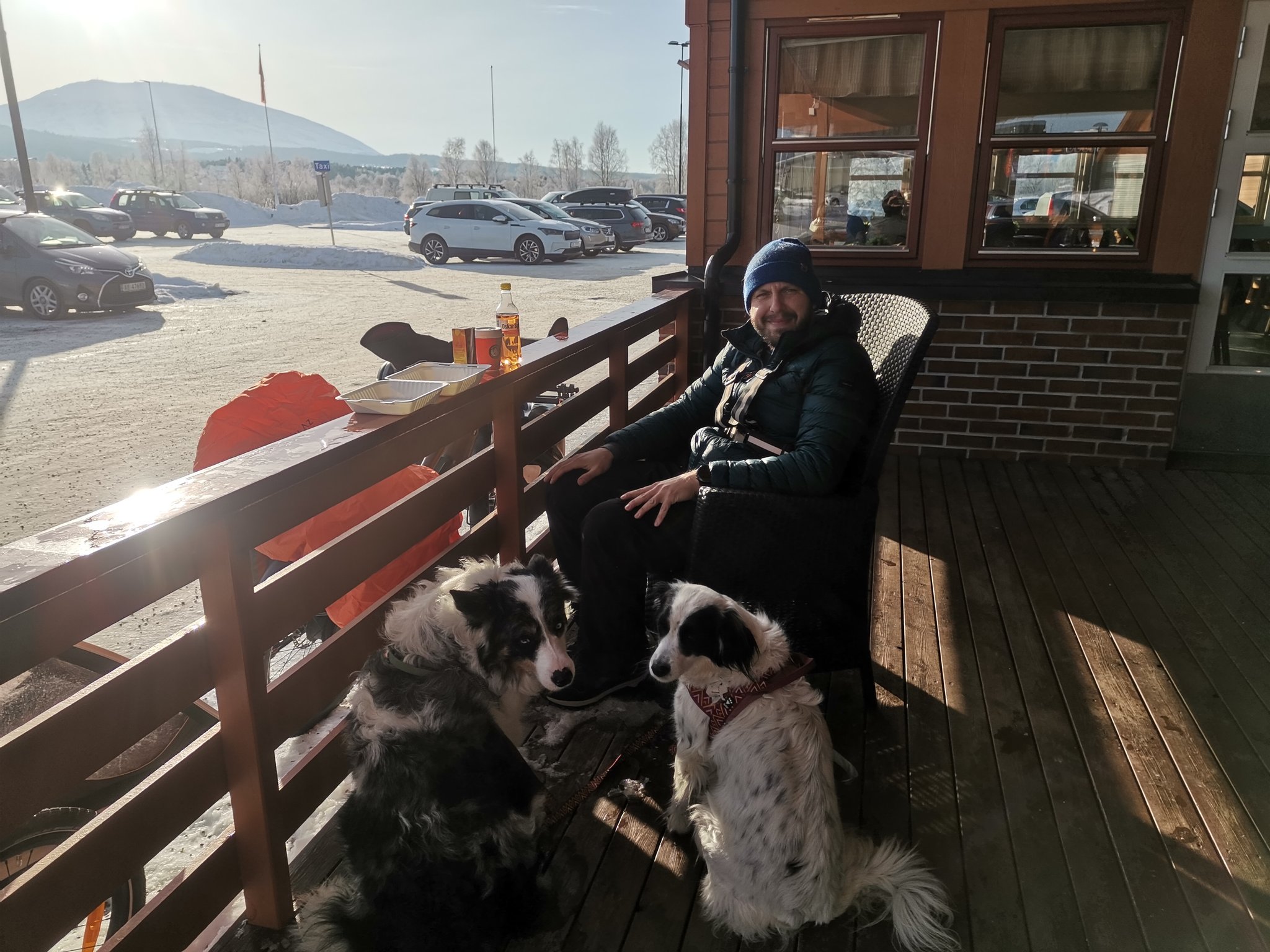
What keeps you going?
Desire for research, learning, progress. Every time I come to a new place or return to a place I haven't been in years, I absorb everything like a little child. It’s all new to me: new smells, new sights, new people and their characteristics. This desire to explore others to get to know myself, I think is one of the main motives.
What were your favorite projects?
The trip around the world was unique, and the preparations for that lasted about three years. I can hardly compare that trip to anything else, but I had a great experience and a lesson out of it. The Slavonia hiking trail, where Ena, Max, and I hiked all 300 kilometres and visited all 35 checkpoints, was another one of my favourite projects. It is also the first project we did together. The Slavonia hiking trail offers a lot, especially to hikers who are beginners on long routes.
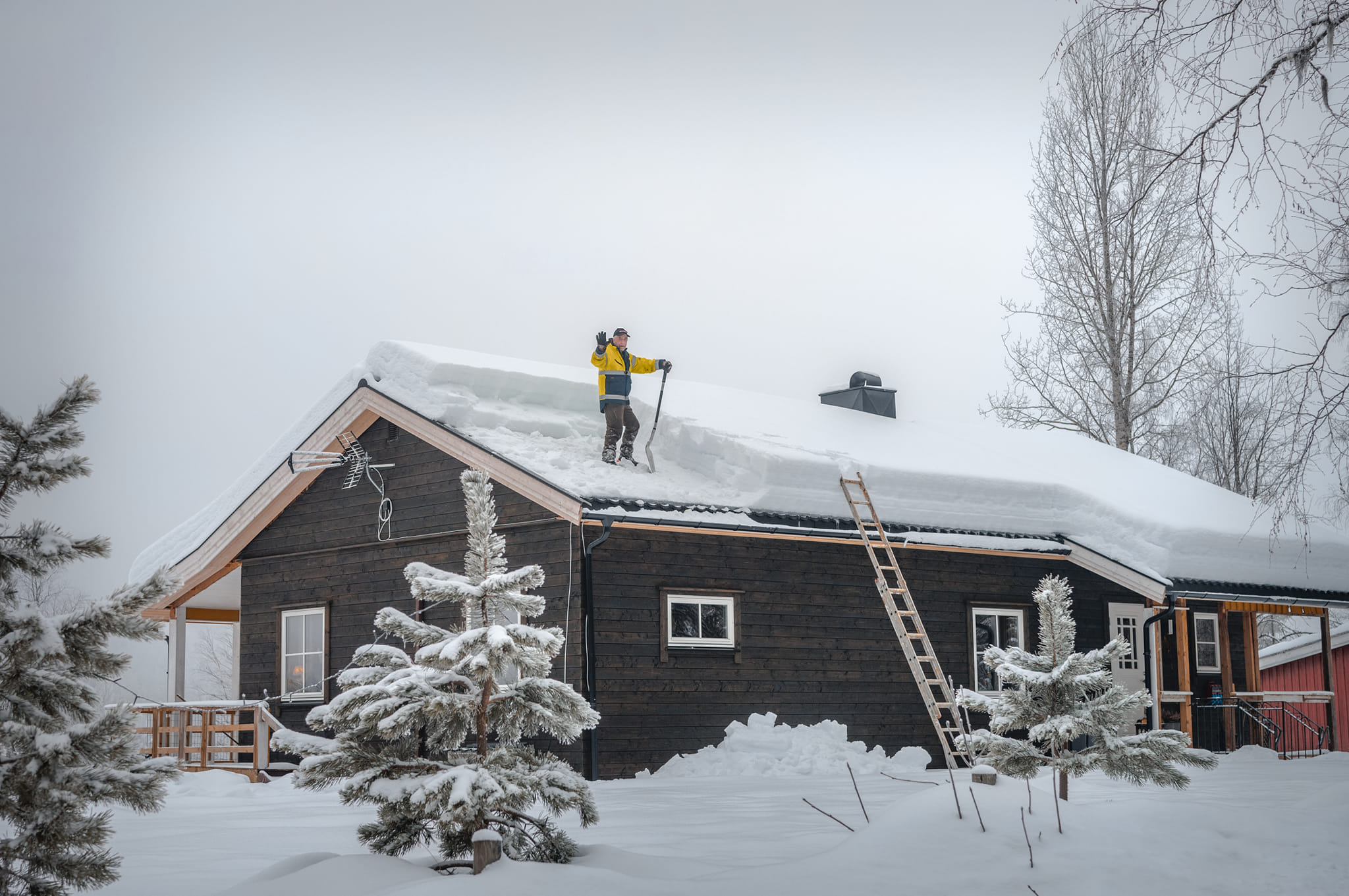
What is your current project?
I am currently on the "Giant World Tour: Norway" project, which is a continuation of the "Giant World Tour", a trip around the world by electric bicycle that I did in 2019 and thus became the first person to travel around the world on an electric bicycle. The idea with this series is to test Giant electric bikes in different, dare I say, extreme conditions. To prepare for the project, I found an apartment in Gorski Kotar and spent two months preparing for the conditions in the north. Hiking, cycling, and spending time in the fresh air and in the rain were all part of the preparations. We travelled to Oslo in a Dacia Duster, which had my bicycle and all the equipment needed for the trip, including a trailer for Ena and Max. I departed from Oslo in early February. I don't have a specific time in which I plan to finish the 2,300 kilometres to Nordkapp, but roughly 35 days should be enough. After the trip, Tin Borovšćak and I will work on a documentary film (filming has already started). Along with the film, a photo book will be released that I will promote around Europe, with an emphasis on Croatia and Norway.
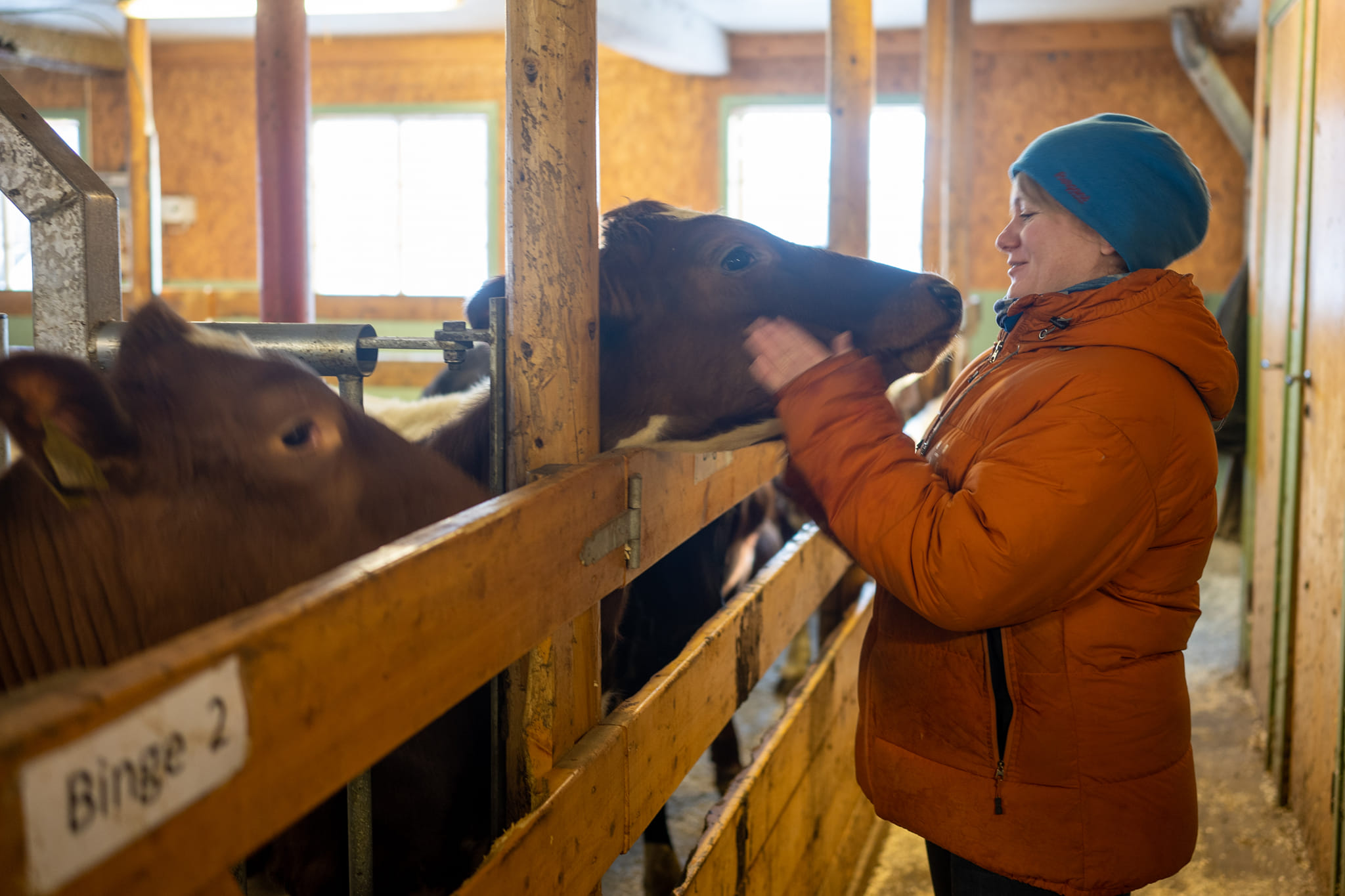
Favourite moments and hardest moments of your travels.
I would put it this way - my favourite part of travelling is when I meet people, specifically people with whom I can share my thoughts. Regardless of whether they agree with me, or if we have the same or different views on life. When we "click". Be they in Russia, Norway, or Australia. It is because of people that a certain country is the way it is; they directed their country towards exactly where it is right now by living and working there. Through other stories, I learned a lot, mostly about myself. How to remove prejudices and embrace differences.
The most difficult moments, and there were some, were mostly related to lack of money and the inability to afford a decent meal or a meal at all. As I have already stated, the first couple of years were really difficult, had a couple of friends not helped me, I might have given up. Then, just as things were starting to get better, family tragedies happened. First my father died, and then a couple of years later, my mother. They had just turned 53 years old. It left a big mark on me, and at some moments, I didn't know what would happen to me. All those difficult life moments shook me up but also forced me to sort out my life and move on.
Tell us about your furry sidekicks.
Ena and Max, or as Twitter nicknamed them, Niprije (long story...) are a very important part of this slightly different family. I often like to say we are a pack because, frankly, we're not far from it. I adopted Ena a little over five years ago when she was 10 months old. She was quite scared, especially of new people. My friend Adela took her off the street, an association that takes care of abandoned border collies cleaned her of parasites and sterilised her, and then I showed up. At first, of course, she didn’t trust me, but very quickly, she stretched out on her back and seemed to want to say - ok, let's go! I didn't have much experience with dogs, and thanks to friends who have dogs, as well as daily walks, Ena and I learned about each other. So much so, that after travelling around the world, I decided that I no longer wanted to do projects without her.
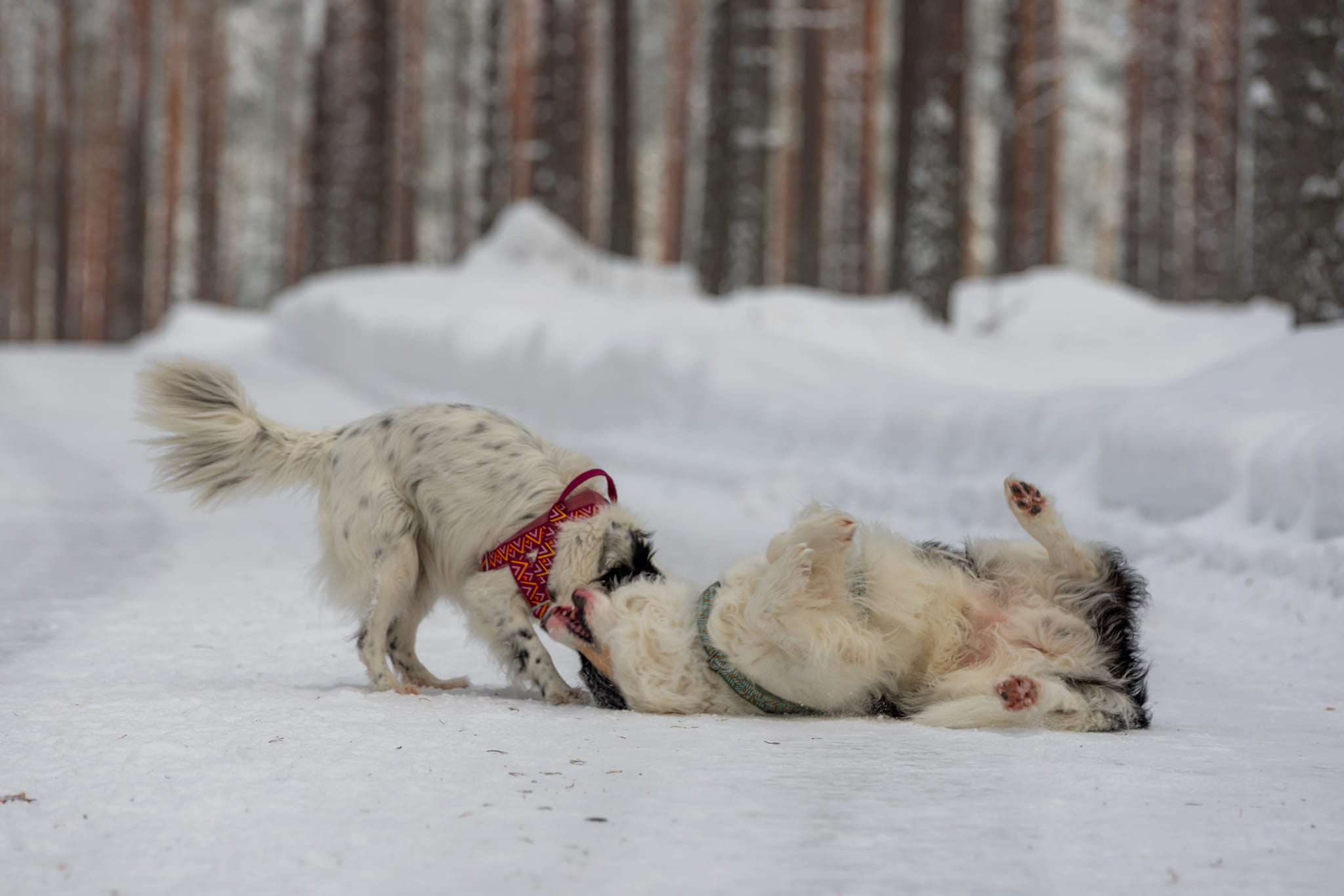
So, we set off on "Via Adriatica Bike", where I traced the cycling version of the "Via Adriatica Trail", a long hiking trail that connects the two most distant land points in Croatia - Prevlaka and Cape Kamenjak. It was on that wonderful trip, which was the first project after the round-the-world trip and my, i.e., our new beginning, that we met Max. On the penultimate day of the trip, we went down to Plomin harbor and literally recorded their first meeting with my camera. That moment, the way they jumped around each other, you can still see happening daily. It's as if they just met. It's fascinating to me how everything came together, how the two of them bonded. Max was the cherry on top and the last piece of the puzzle of the whole picture that you can see today.
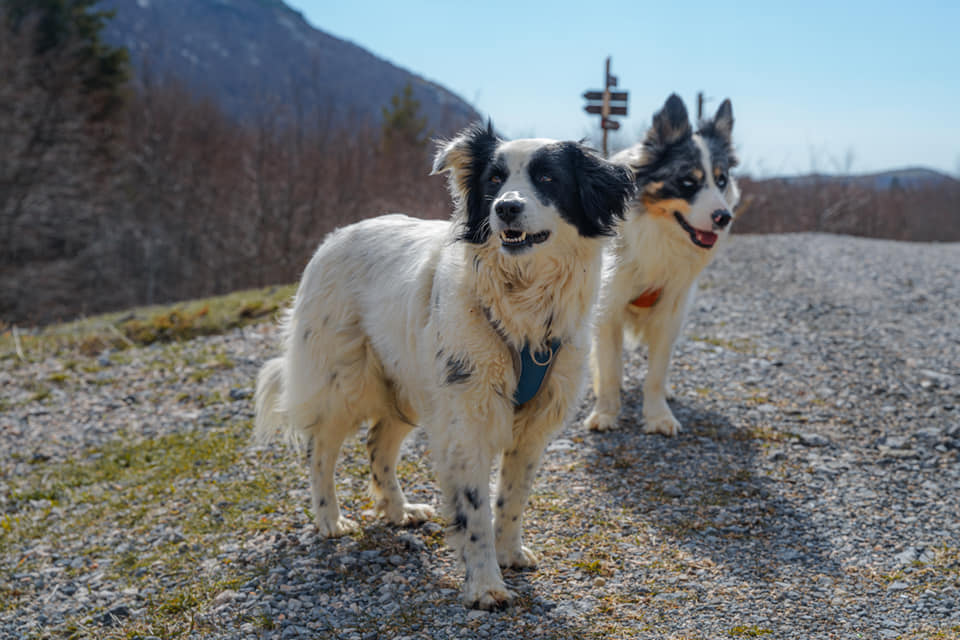
We know that you are a promoter of Slavonia. What is life like there, what is the situation in tourism, and why should everyone visit at least once?
Slavonia is still an unspoiled pearl of continental Croatia, and in the last few years, I must say that tourism is starting to happen to us. Especially during and just after the pandemic, people turned to nature a lot more. Of course, not all of them kept that lifestyle, but still, many of them realised that life offers more than shopping malls and that it is smarter and healthier for them and their children to stay in the mountains, hills, in nature in general on the weekends and every other free moment. That's how the Jankovac trail became super popular, but Slavonia has a lot more to offer. I think that the Slavonia Hiking Trail, the first mountain ring trail in Croatia (from 1957), is not sufficiently "used" and that it should be the flagship of tourism and the development of outdoor activities in Slavonia.
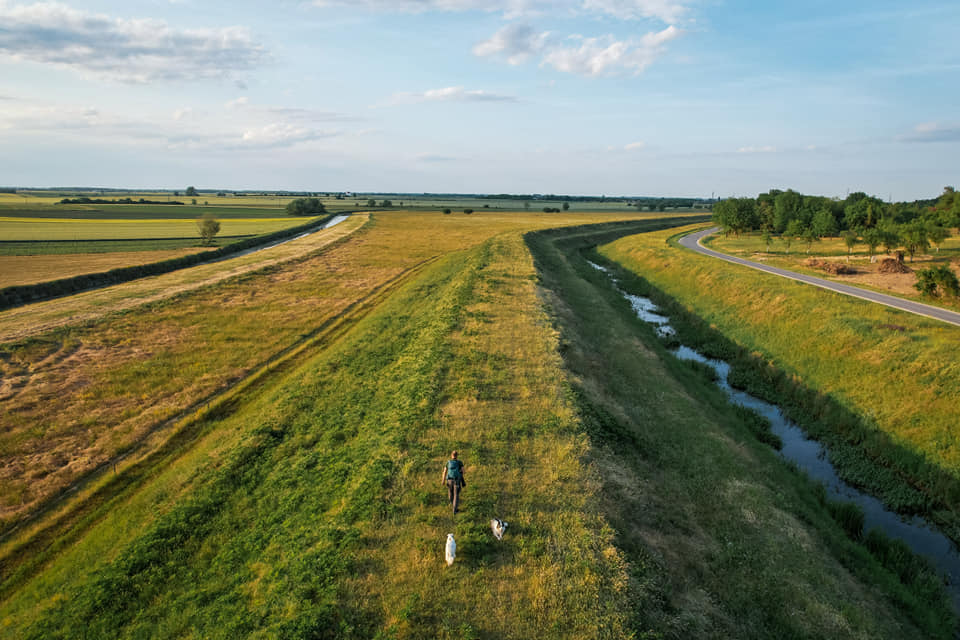
I am also thankful to the Slavonia cluster, the association of county tourist boards, with whom I laid out a cycling route that connects all five counties, and largely follows the Slavonia Hiking Trail. This means that outdoor enthusiasts can use the "bike and hike" activity – cycle a part of the trail, then store their bicycle in a lodging, hike, for example, the Ivačka Glava peak (one of the most beautiful viewpoints on Papuk), then reward themselves with an excellent lunch in the mountain lodge before finishing the trail. This is just the foundation, but an important and healthy foundation on which other activities can be built on.
Many thanks to Hrvoje for sharing his inspiring story, and we wish him the best of luck in all his endeavors! Check out TCN's Instagram for updates, and stay tuned for part 2 coming somewhere in the middle of Hrvoje’s northern journey.
For more, make sure to check out our dedicated Travel section.


